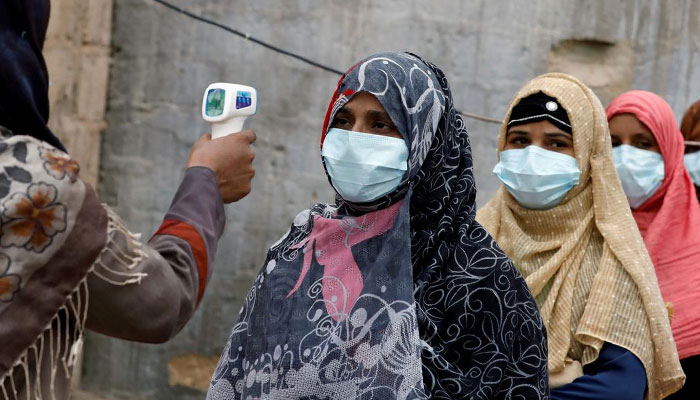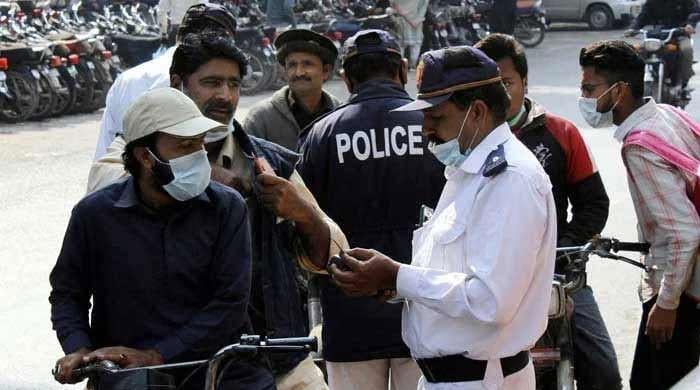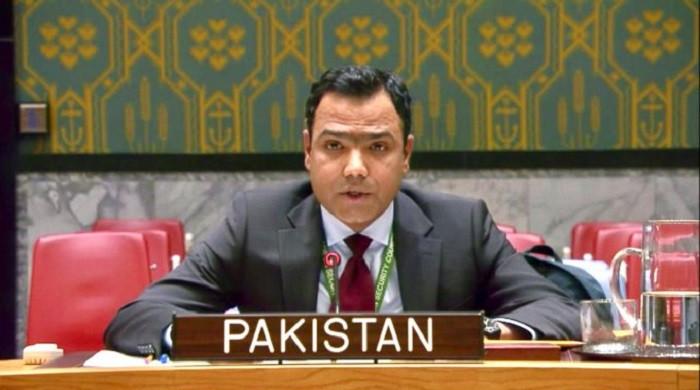Pakistan’s COVID-19 response highlighted at international forum
Asad Umar attributes Pakistan's success to well-coordinated decisions taken in a timely manner with consensus
September 23, 2020

ISLAMABAD: Pakistan’s COVID-19 response in order to mitigate the socio-economic damage induced by the pandemic, and the country’s overall efforts to curb the virus spread and its economic consequences, leading to better outcomes than most other countries, were highlighted at an international forum, The News reported on Wednesday.
The conference was organised by a high-level global thinktank, the Centre for Global Development (CGD), to discuss the country’s efforts in controlling the virus spread.
The CGD is a Washington-based institute working in several social development areas including global health policy, migration and displacement, sustainable development finance, technology and education.
The event was attended by Minister for Planning Asad Umar, Special Assistant to the PM on Social Protection and Poverty Alleviation Dr Sania Nishtar, and Governor of the State Bank of Pakistan Dr Reza Baqir to share the success of Pakistan’s smart lockdown strategy and coronavirus relief package tackling COVID-19 restrictions.
The three panellists were virtually joined by Dr Kalipso Chalkidou from the Global Health team at CGD and Dr Alan Gelb, who leads a workstream on the use of digital ID systems for safety nets in Pakistan and other countries.
Underscoring the government’s response to the COVID-19 crisis, Asad Umar shared details of the smart lockdown strategy that brought Pakistan into the list of ranked countries that successfully battled COVID-19.
Read more: 95% of those with COVID-19 in Karachi show no symptoms, reveals study
He attributed this success to well-coordinated decisions taken in a timely manner with consensus.
Dr Sania, while sharing the Ehsaas Emergency Cash experience, said: “To mitigate the socioeconomic damage from the pandemic, Pakistan launched the largest social-protection programme in its history. Rolled out 10 days after the lockdown began, it is delivering one-time cash grants totalling more than $1.2 billion to 15 million households, covering approximately 50% of the country's population. Recipient families are given 12,000 rupees (US$75) to cover immediate subsistence needs.”
“The legacy of the Ehsaas Emergency Cash Programme goes beyond short-term relief. Built into its design are long-term goals to strengthen the safety net and increase financial inclusion,” she added.
Meanwhile, Dr Reza Baqir explained in detail the policies to support economic activity amid COVID-19 that helped contain the huge damage that could otherwise have been caused.









